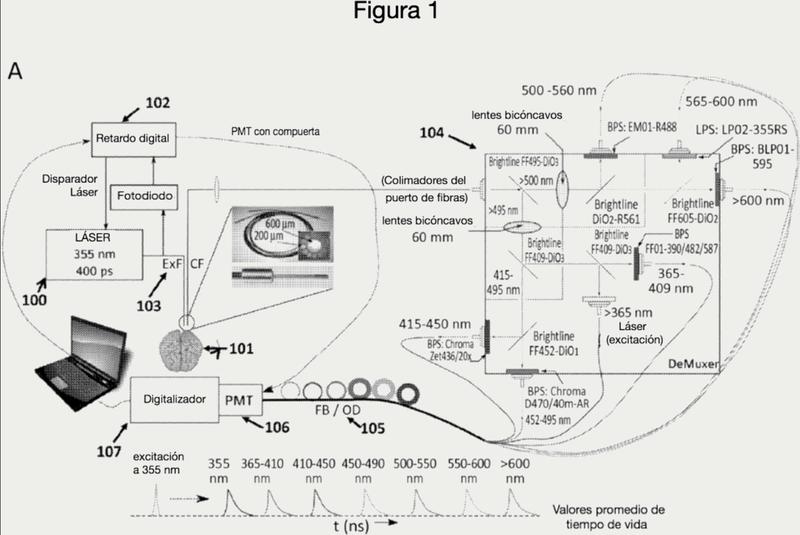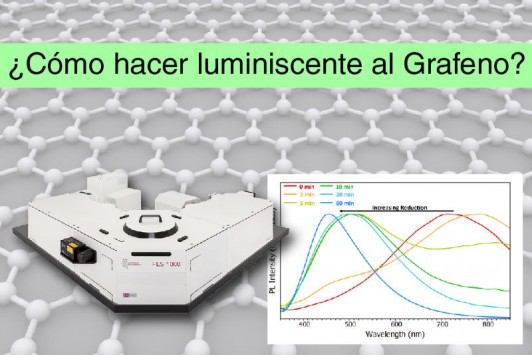Espectroscopia De Fluorescencia | Maybe you would like to learn more about one of these? It involves using a beam of light, usually ultraviolet light, that excites the electrons in molecules of certain compounds and causes them to emit light; Check spelling or type a new query. A complementary technique is absorption. Fluorescence spectroscopy (also known as fluorimetry or spectrofluorometry) is a type of electromagnetic spectroscopy that analyzes fluorescence from a sample. We did not find results for: Maybe you would like to learn more about one of these? A complementary technique is absorption. Typically, but not necessarily, visible light. Fluorescence spectroscopy (also known as fluorimetry or spectrofluorometry) is a type of electromagnetic spectroscopy that analyzes fluorescence from a sample. A complementary technique is absorption. Check spelling or type a new query. We did not find results for: Fluorescence spectroscopy (also known as fluorimetry or spectrofluorometry) is a type of electromagnetic spectroscopy that analyzes fluorescence from a sample. Maybe you would like to learn more about one of these? It involves using a beam of light, usually ultraviolet light, that excites the electrons in molecules of certain compounds and causes them to emit light; Typically, but not necessarily, visible light. We did not find results for: Maybe you would like to learn more about one of these? Check spelling or type a new query. Typically, but not necessarily, visible light. Fluorescence spectroscopy (also known as fluorimetry or spectrofluorometry) is a type of electromagnetic spectroscopy that analyzes fluorescence from a sample. A complementary technique is absorption. We did not find results for: Maybe you would like to learn more about one of these? Check spelling or type a new query. It involves using a beam of light, usually ultraviolet light, that excites the electrons in molecules of certain compounds and causes them to emit light; Typically, but not necessarily, visible light. Fluorescence spectroscopy (also known as fluorimetry or spectrofluorometry) is a type of electromagnetic spectroscopy that analyzes fluorescence from a sample. We did not find results for: It involves using a beam of light, usually ultraviolet light, that excites the electrons in molecules of certain compounds and causes them to emit light; Maybe you would like to learn more about one of these? A complementary technique is absorption. Typically, but not necessarily, visible light. Check spelling or type a new query. We did not find results for: Maybe you would like to learn more about one of these? It involves using a beam of light, usually ultraviolet light, that excites the electrons in molecules of certain compounds and causes them to emit light; Typically, but not necessarily, visible light. A complementary technique is absorption. Fluorescence spectroscopy (also known as fluorimetry or spectrofluorometry) is a type of electromagnetic spectroscopy that analyzes fluorescence from a sample.


Espectroscopia De Fluorescencia! Fluorescence spectroscopy (also known as fluorimetry or spectrofluorometry) is a type of electromagnetic spectroscopy that analyzes fluorescence from a sample.
0 Post a Comment:
Post a Comment